Sign up for the Family Tree Newsletter! Plus, you’ll receive our 10 Essential Genealogy Research Forms PDF as a special thank you.
Get Your Free Genealogy Forms
"*" indicates required fields
When you can’t get to a much-needed record in your ancestral hometown or your brick wall needs an expert’s eye, it might be time to call in a genealogy pro.
Fifty years ago, it wasn’t easy to find one, and not just because that was pre-internet. Until 1979, when the Association of Professional Genealogists (APG) published the first national directory of researchers for hire, you had to rely primarily on word of mouth. Now, Google hire a genealogist and you get more than 100,000 matches with advice, individuals and research firms. You can hire someone to get a single record, reconstruct an entire family line or digitize your home archive.
Genealogists-for-hire have grown in number, too. APG membership has seen a 40 percent hike in the past 10 years to reach 2,700, according to director Kathleen W. Hinckley. About three-fourths of them accept clients. “[Clients] either get stuck or they need local records, or both,” says Harold Henderson, a certified genealogist in Indiana. From there, he can access repositories across the Midwest—including the Allen County Public Library Genealogy Center in Fort Wayne, Ind.
Like many professional genealogists, Henderson offers two types of services: record lookups for a flat fee and “brick wall” research for an hourly rate. Document retrieval (such as copying a will at the courthouse when you have a volume and page number) and lookups in specific resources are generally less expensive. A flat fee is common but you may see hourly rates (perhaps $15 to 25), plus expenses.
Full-service research costs more and delivers more. Typically, the pro will discuss your goals, review your research, create a plan, conduct research, analyze the findings and deliver a sourced report. Hourly rates might range from $20 to more than $100, with most falling between $35 and $60.
The total fee, of course, depends on your problem. For example, if you’re looking for research on an ancestral couple born after 1850, you typically can expect to pay for three to five hours of time, according to the website of ProGenealogists, a research firm owned by Ancestry.com. Because of this variability, most pros request a budget at the start of a full-service project. You can ask for an estimated fee.
Online resources that can help you connect with the right pro include the APG member directory, which you can search by the researcher’s location, geographic area of expertise and various specialties and the links at Cyndi’s List. Overseas organizations list members who specialize in British, Irish, Scottish and Australasian research.
Genealogists also have borrowed tools used in other fields where freelance work is common. Genlighten matches customers with pros and facilitates the process by tracking payment and storing files. Genealogists.com is a similar service with genealogists worldwide and a minimum budget requirement of $150 per project.
Genealogy Freelancers lets you post a project, get bids and leave feedback about the researcher you go with. The site brokers communication and payment. GenMarketplace welcomes nickel-and-dime jobs for your FamilySearch tree, such as sourcing records. The price you post rises until it hits your predetermined ceiling or someone accepts the job.
Beware that anyone can become a professional genealogist—no license or experience required—and online listings are rarely vetted. “As with other types of service, the skill level varies among genealogists,” Hinckley advises. “Hire someone experienced in the time period or geographic location for the project. Be certain they respond to emails and telephone, and agree to terms in writing.”
APG members do sign a code of ethics. Directories of researchers who’ve earned accreditation are on the Board for Certification of Genealogists website and the International Commission for the Accreditation of Professional Genealogists. And don’t leave word of mouth by the wayside: Ask genealogy friends for recommendations and check references of folks you’re considering hiring.
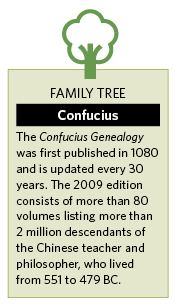
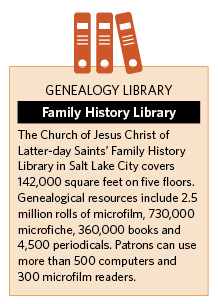
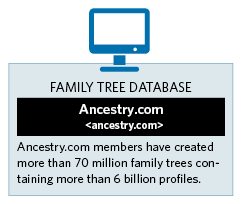
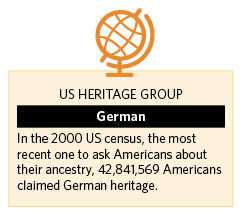
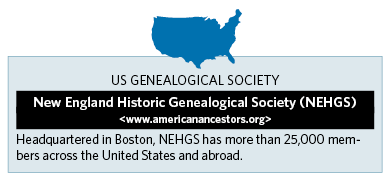
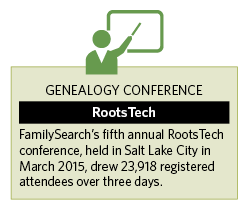
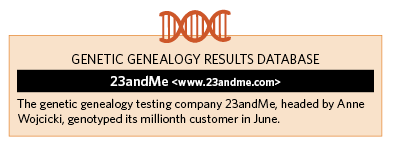
More Online:
Free Web Content
For Plus Members
Family Tree Shop
From the September 2015 Family Tree Magazine



